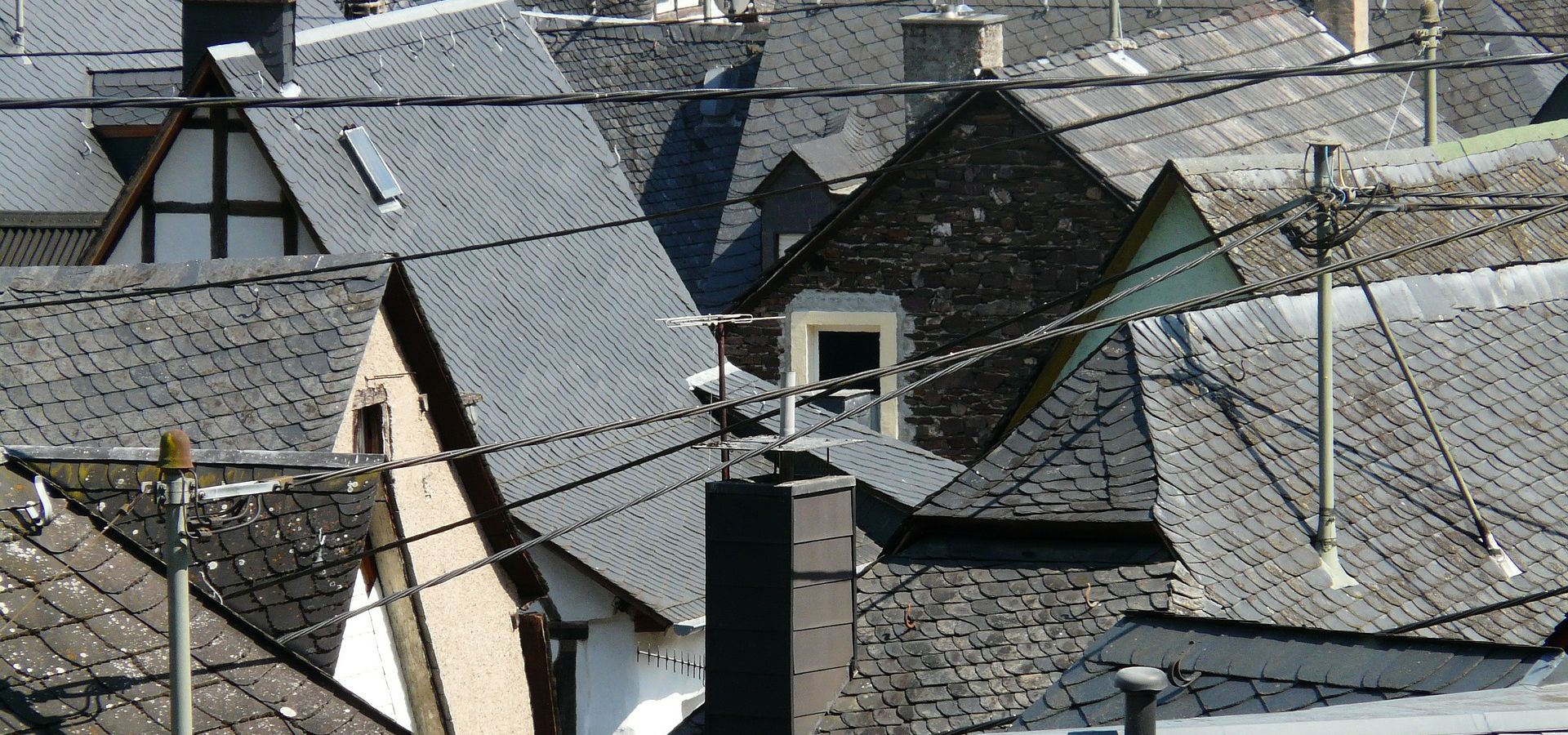The EU’s Renewable Energy Directive of 2018 requires member states to provide special support for “community energy.” Doing so requires a definition of “community renewables” that is eligible for that special support. Ireland may be the most interesting case at present. Craig Morris takes a look.

Ireland focuses more on community energy (Public Domain)
In 2018, Ireland’s then-Climate Minister Denis Naughten announced auctions for a renewable electricity support scheme (RESS) with a “separate, ring fenced community category” for 2019. The official proposal describes one main benefit: “increased actor diversity is expected through the community-led category,” adding that “larger scale developer-led projects are excluded.” Some demarcation between developer-led and community-led is thus inevitable.
The EU’s definition…
‘renewable energy community’ means a legal entity: (a) which, in accordance with the applicable national law, is based on open and voluntary participation, is autonomous, and is effectively controlled by shareholders or members that are located in the proximity of the renewable energy projects that are owned and developed by that legal entity; (b) the shareholders or members of which are natural persons, SMEs or local authorities, including municipalities; (c) the primary purpose of which is to provide environmental, economic or social community benefits for its shareholders or members or for the local areas where it operates, rather than financial profits;
… is more symbolic than legally enforceable. For instance, how many kilometers is “in the proximity”? That’s left up to the member states.
Germany’s attempt a few years ago is roundly considered a failure. The press explained at the time that firms had gotten “stooges” to front as community members. Just this month, a German pro-renewables website called the old definition a “Fehlregelung” or “failed rule.” Basically, developers gamed the system by trying to fulfill the community requirement for special treatment. Any special treatment will incentivize such gaming. No one has found a way to prevent it, and Germany has stopped trying, essentially leaving community energy dead.
As of mid-2019, the Irish category was to cover 10% (5-15% per auction, depending on specific goals) of the total auction volume. The proposal loosely defines different types of community energy. First, in announcing the auction carve-out for community energy, ex-Climate Minister Naughten spoke of a “grant-aided pilot scheme… for solar PV microgeneration, targeted initially at self-consumption and for domestic properties,” which went into effect in mid-2018. This category runs outside the auctions and is fairly unproblematic in terms of gaming; after all, it is fairly easy to define “domestic household” and set a kilowatt limit for microgeneration. But the scope is also limited; far more energy will come from large PV, biomass, and wind farms. Irish citizens also cannot yet sell electricity to the grid.
For larger projects in auctions, the Irish proposal recognizes that the requirement for bid bonds – a deposit foregone if a winning bid does not build – will “reduce speculative bids” but also “favour larger generators.” The community category will therefore include “[exemptions] from auction bid bond requirements.” It’s a logical proposal, but German experience suggests that it is also an incentive for companies to structure their projects to fit the community category (i.e., game the system). The Irish proposal itself does not mention this potential pitfall, though Irish colleagues tell me that discussions behind closed doors do focus on preventing gaming.
So what will eligibility require? The proposal speaks only generally of “specific community requirements (investment opportunity; engagement, community benefit fund etc.).” The term “engagement” isn’t clearly defined and may simply indicate a desired spirit. Investment opportunity means, in the current draft, that people living within 5 km of a proposed project will have “first refusal”, after which any remaining investment share will be offered to those within 10 km. This approach may lead to disinterest among developers: “There will be no minimum level of community investment required, and no penalties for projects that fail to attract community investment, provided the offerings have been made in a fair and transparent manner.” Developers in Ireland, like some in Denmark, thus might see community shares as a nuisance they have to offer pro forma but need not actively pursue. One researcher, Birgitte Egelund Olsen, wrote in 2014 that some Danish developers see the community ownership requirement as a “bothersome process [that worsens] their profit performance” (p. 200). Developers get to keep whatever shares the public doesn’t buy. Why genuinely try to sell something you want to keep?
The Irish community benefit fund idea is fairly straightforward: a share of revenue should be made available to local municipalities. As with investment opportunities, a developer is the driver of the project here but offers benefits to communities. But the proposal also speaks of “community-led projects” without defining that leadership. This is exactly where German policy hit a dead-end: how do you define “community-led”?
The good news is: the Irish proposal is state-of-the-art. The bad news is: state-of-the-art is buggy, as Denmark and Germany show.
Ireland has yet to put the finishing touches on its fenced-off community category. Community-led auctions are to begin in 2020. If it manages to define community energy in a way that both effectively incentivizes a wide variety of grassroots projects while preventing gaming, Ireland will have taken community energy policy to a whole new level.
Highly descriptive article, I enjoyed that bit.
Will there be a part 2?